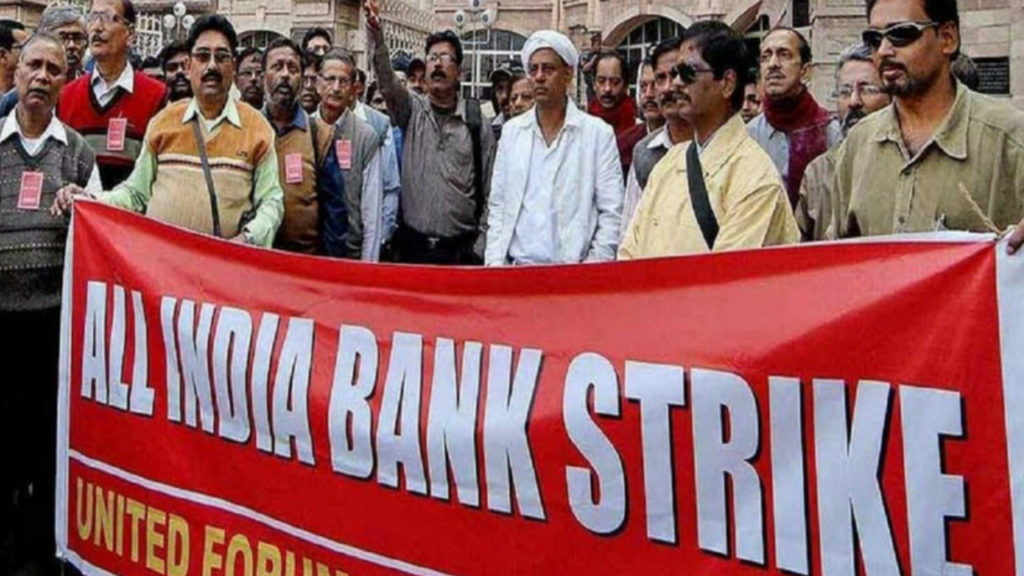Privatization Of Banks, Insurance Won’t Happen This Year: Delays Due To These Reasons (What Next?)

In the Union Budget meet on February 1, FM Niramala Sitharaman announced the government’s plan to conduct privatisation of two more public sector banks, besides IDBI Bank, along with one general insurance company, in the financial year FY22 (2021-2022).
The privatisation process will be a part of the government’s disinvestment drive of Rs 1.75 lakh crore.
The Niti Aayog is rumoured to have finalised/shortlisted the two public banks, namely Bank of Maharashtra and the Indian Overseas Bank for privatisation.
While the initial public offering (IPO) of Life Insurance Corporation of India (LIC) and the stake sale of IDBI Bank is still scheduled for FY22, the privatisation of two state-owned banks and one general insurance company could be shifted to the upcoming financial year.
As for the general insurer, it could be one of the three, National Insurance, United India Insurance, or Oriental Insurance.
Privatisation Likely to be Pushed to Next Fiscal
While FM Sitharaman had confirmed privatising two public banks and one general insurer in the financial year 2021-2022, the deals are unlikely to be conducted in the current fiscal.
Moneycontrol states that the three privatisation deals can be pushed to 2022-2023.
According to an official known to the matter, framing the contours of the deal and finding a suitable buyer will take time, adding to the finance minister’s promise of no employees losing their jobs in these holdings due to the privatisation process.
On March 15 and 16, nine bank unions from across the country held strikes in retaliation to the government’s decision to privatise more banks.
Trak.in has exclusively covered every detail related to this.
Heavy losses were incurred due to the two day bank strike, with about Rs 16,500 crore affected due to clearance of cheques and payment instruments only on the first day of the strike.
Finance Minister Nirmala Sitharaman responded to this by clarifying that not all banks will be privatised, and added that in the event of privatisation, each bank employee’s interest will be conserved.
Addressing the media, she said, “The decision of Privatization is a well thought out decision. We want Banks to get more equity… We want banks to meet the aspirations of the country”.
Privatisation Process of 3 Entities to Take Longer
The government is taking its time to find the most suitable fit buyers for privatising the three entities. This is done to ensure no downsizing of the two public bank lenders, post privatisation.
One the banks and the general insurer to be privatised are finalised, the proposal will be finetuned by a group of secretaries led by the Cabinet Secretary.
Following this, an empowered group of ministers will look over the proposal, before being sent to the Union Cabinet headed by the Prime Minister, adds Moneycontrol.
Earlier it was expected that the amendments in the Banking Companies (Acquisition and Transfer of Undertakings) Act, 1970, and the Banking Companies (Acquisition and Transfer of Undertakings) Act, 1980, would be taken forth during the privatisation process of the two public sector banks.However, it has now been informed that no such amendments have been scheduled to be presented in the upcoming monsoon session of the Parliament.

Comments are closed, but trackbacks and pingbacks are open.